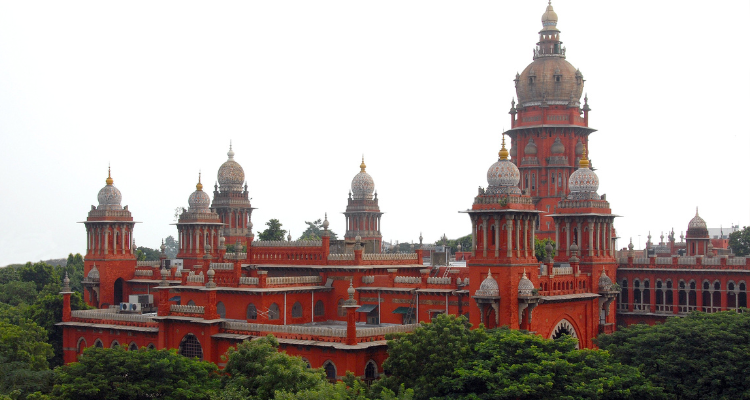
The Madras High Court on Friday has ruled that transfer certificates should not be used by schools as a means to collect outstanding fees or make any entries related to fee arrears. Instead, TCs are to be treated as personal documents issued in the name of the student.
The court directed the Tamil Nadu government to issue a circular instructing all schools in the state not to require TCs for admission or to include unnecessary entries related to fee payments. The division bench of Justices SM Subramaniam and C Kumarappan warned that any violation of this directive would lead to action under Section 17 of the Right of Children to Free and Compulsory Education Act (RTE Act) and other relevant child protection laws.
The bench also instructed the state government to review and amend the Tamil Nadu Education Rules and the Code of Regulation for matriculation schools within three months to align with the RTE Act.
This ruling came after the court overturned a previous order by a single judge, who had supported a petition from the All India Private Schools Legal Protection Society. The earlier order had allowed schools to indicate fee arrears on TCs without negative implications for the student or their parents.
The bench emphasized that harassing children for fee payments is considered cruel and is an offense under Section 75 of the Juvenile Justice (Care and Protection of Children) Act, 2015. While schools have the right to pursue fee recovery from parents, they must not involve or penalize children in the process.
The court highlighted that TCs should not reflect a child’s financial status or any arrears. Including such information on a TC not only humiliates the child but also creates a stigma that can affect their future educational opportunities and social standing. This practice, the court noted, is contrary to the principles of the RTE Act and contributes to emotional distress and insecurity among children.
The bench observed that children from various socio-economic backgrounds might face difficulties in paying tuition fees at the start of the academic year. Schools should be supportive and understanding of the emotional challenges faced by students during such times, rather than adding to their stress.
Overall, the court stressed that schools must foster a supportive environment and avoid any practices that could negatively impact a child’s psychological well-being.




